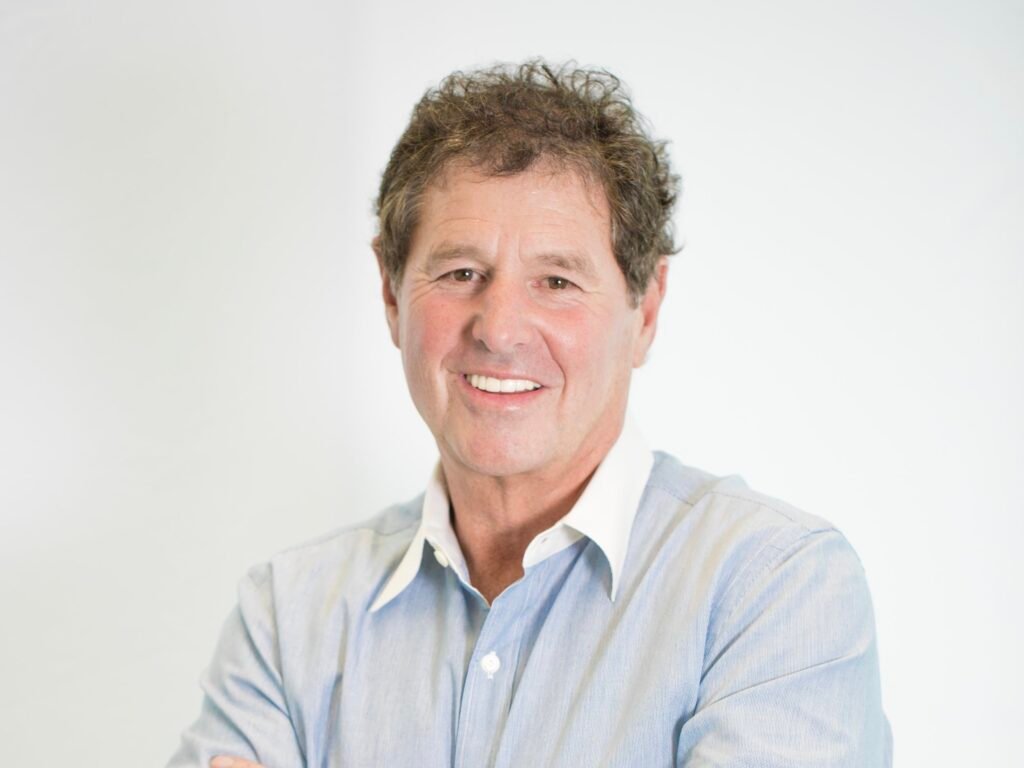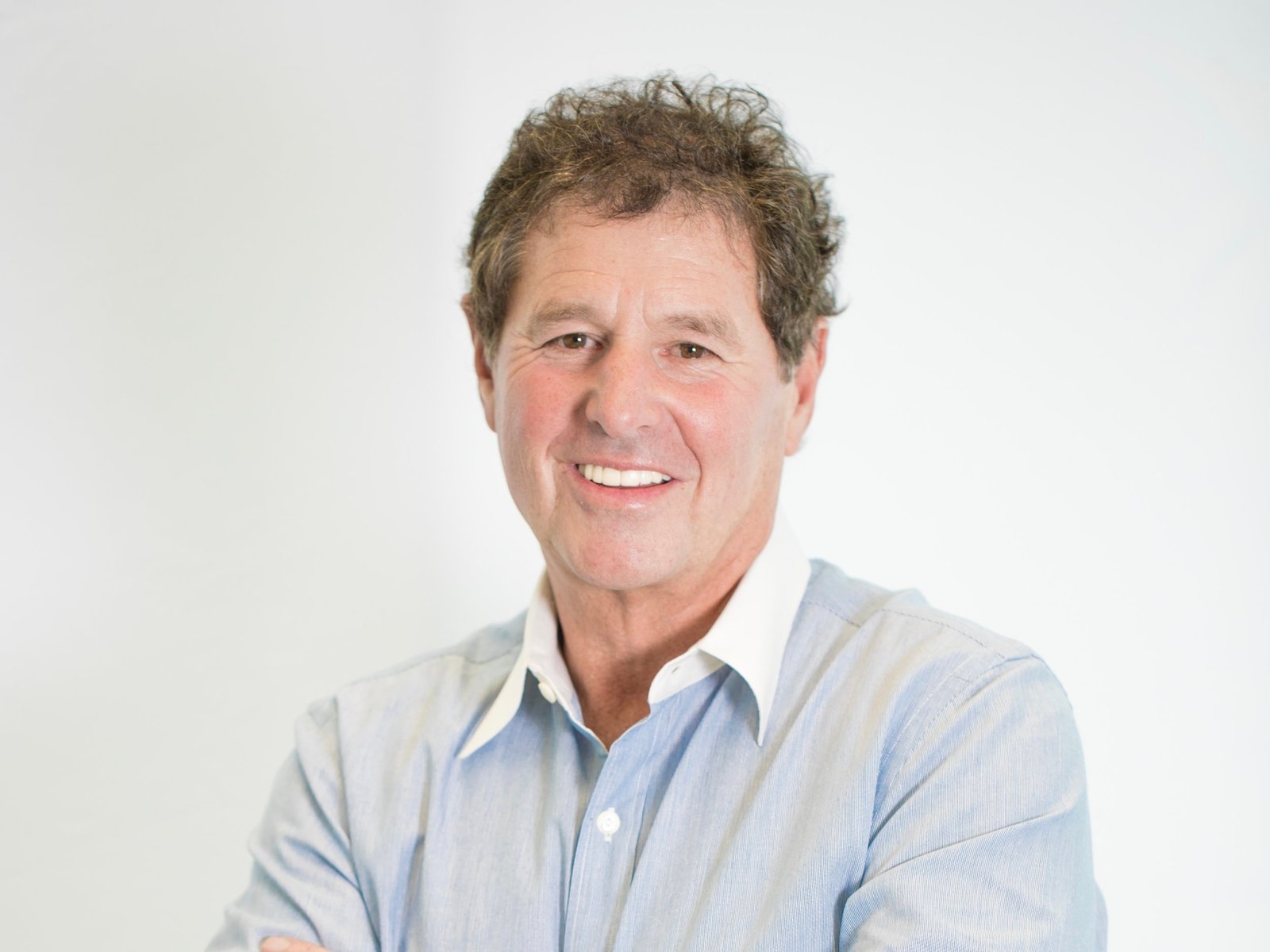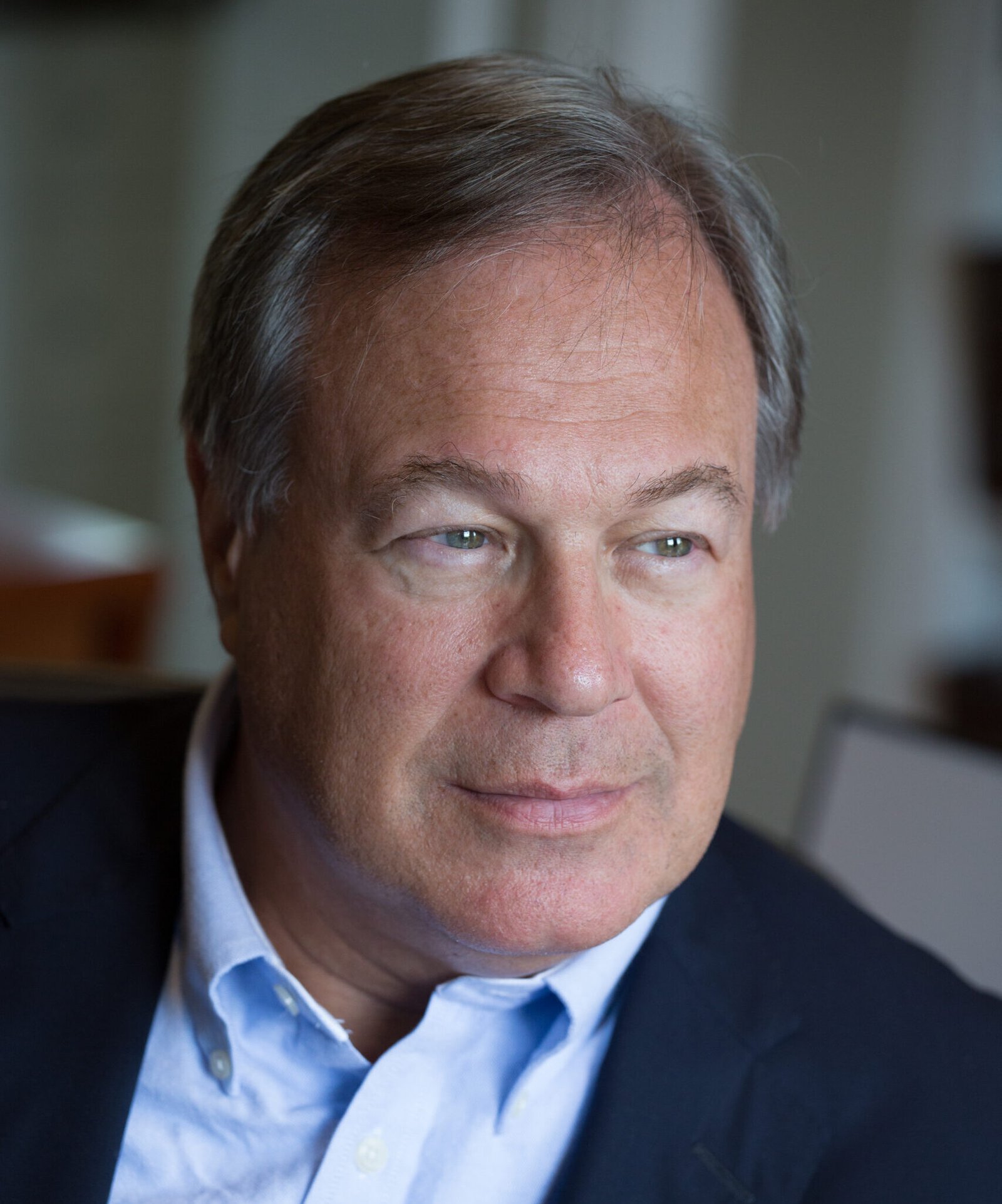I recently went one-on-one with Hal Rosenbluth. Hal is the CEO of New Ocean Health Solutions and the co-author of the new book Hypochondria: What’s Behind the Hidden Costs of Healthcare in America. Hal has built, led, and sold multiple businesses and was previously President of Health and Wellness at Walgreens.
Adam: Thanks again for taking the time to share your advice. First things first, though, I am sure readers would love to learn more about you. How did you get here? What experiences, failures, setbacks, or challenges have been most instrumental to your growth?
Hal: I was fortunate to have phenomenal parents who set really good values and lived them. I was never a good student and always struggled in the structure of school. I found school to be limiting and it never allowed me to be creative and think outside of the box. That has had a profound impact on my life trajectory. I realized I needed to do things in an open-minded, unstructured, yet disciplined manner. This mindset has allowed me to start and manage successful businesses.
Currently, I am the Chairman & CEO of New Ocean, a software design and development company singularly focused on healthcare. I’m highly focused on providing effective, accessible, and high-quality healthcare, transparent at a lower cost for all. Prior to New Ocean, I was a senior corporate officer of Walgreen Co. and President of Walgreen’s Health and Wellness Division, responsible for $48 of the $63 billion in company sales and client services revenue. I joined Walgreens in 2007 when they acquired Take Care Health Systems, a pioneering company in retail health clinics which he co-founded and funded in 2004. Before that, I took over my family business, Rosenbluth International. Leveraging technology, at Rosenbluth we created an enterprise travel management platform to streamline pricing and reservations, growing the business until it was sold to American Express in 2003.
Adam: In your experience, what are the key steps to growing and scaling your business?
Hal: It all starts with identifying the unknown and unmet needs in the marketplace. Once you find that need, you must run as fast as you can before others start copying you. Now to do that, obviously you need to choose a business that is scalable.
Shortly after American Express bought Rosenbluth International, I left and started Take Care. This was around the time universal healthcare was first introduced into Massachusetts. Everybody had healthcare, yet they couldn’t get a provider and if they got a provider, then they couldn’t get an appointment. It was a problem without a solution. I realized it was an unmet need with no answer in sight.
My business partner and I set out to provide people with affordable, accessible, and high-quality healthcare. The solution was clinics inside of pharmacies. We ran as fast as we possibly could because we recognized this unmet need and possessed the unknown solution: immediate healthcare access. With my current company, New Ocean, we digitized what we did with Take Care clinics, by virtually providing information, programs, and personalized health plans.
But along with a great idea, you must hire the right people in order to create a successful, scalable business. Business is made out to be more complicated than it needs to be. It’s as simple as this: nice, caring people with the right skills and the right leadership will out-produce and out-service all others, period. You’re going to get along with somebody if they’re honest and if they’re a good person. Those who try and fake it, you should just by-pass.
Adam: What do you believe are the defining qualities of an effective leader?
Hal: I think an effective leader is honest, responsible, and communicative. Trust is critical. You can’t fake anything, so you always must be honest and explain your decisions, even for topics and issues that might be difficult. Clear and effective communication is critical to any business and an effective leader, leads from the front. So, I try to be extra-communicative around my decisions and feelings. This practice has led to better ideas and more truthful conversations with colleagues and staff.
Adam: How can leaders and aspiring leaders take their leadership skills to the next level?
Hal: You must take care of your people. To take care of them you must know them.
In all my business endeavors it has been my goal to create an environment where people want to come to work. I’ve always strived to create a space where people are friends with their colleagues. In order to create that environment, I must lead by example, and get to know the people I work with.
When you take the time to really get to know the people around you, it is easy to recognize when something is bothering them. There is no divorcing work stress and life stress, it’s just stress. If they feel comfortable enough to share with you what’s happening in their lives, then be there for them. That’s where a leader really needs to step in. If a person is willing to share with you what their issue is, then it is your responsibility to leverage the company’s typically large amount of resources to help. That’s what I think is one of the greatest gifts that a company can provide its people; the greatest gift that a leader can provide.
Adam: What are your three best tips applicable to entrepreneurs, executives, and civic leaders?
Hal:
-
Leave your ego at the door. Take what you do very seriously but not yourself. Cherish the best idea and not your own.
-
Be curious. Being curious is crucial, not just at work but about the world. Follow stories that interest you, speak to new and different people, do something out of your comfort zone.
-
Move quickly. To be successful you must be faster than everyone else. That means cherishing the best idea and then executing swiftly.
Adam: What is your best advice on building, leading, and managing teams?
Hal: From the onset you want to bring in the right people. I have always felt that HR is the most important division within a company and yet it’s not always given the credit that it deserves. HR personnel are the gatekeepers of your most valuable assets: people. A great HR person can of course identify talent, but arguably more importantly they’re able to determine if someone fits your company culture.
I always want to create an environment where people can say what they want to say. That means you need to be willing to listen and then take appropriate action. How do you make people feel comfortable sharing their ideas? Being vulnerable and sharing my shortcomings is key. I want my team to know who I am and in turn, I want to know who they are. Engaging with your staff this way makes them successful, removes corporate politics, and promotes trust and honesty. Like I said before, leave your ego at the door and cherish the best ideas. Take the work seriously but not yourself.
Adam: What are your best tips on the topics of sales, marketing, and branding?
Hal: A good reputation is the best marketing and branding you can have. The ultimate end goal is a client wanting to do business with your company, instead of having to do business with your company out of some necessity. Having a reputation of being kind, efficient, and easy to work with will help any business grow. Nothing is more powerful than a personal referral from someone you trust.
Adam: What do you hope readers take away from your new book?
Hal: Lack of awareness and stigma around hypochondria has limited attention to resources, treatment, and expansive research. As a result, many individuals continue to suffer in silence and shame. It is also important for readers to understand that those with illness anxiety pose a significant burden on the healthcare system. Their frequent doctor visits, trips to the emergency room, ambulance rides and specialist consultations accumulate, which causes undue stress on an already stressed healthcare ecosystem and leads to a surge in premiums across the board.
We can also address this issue by democratizing access to cutting-edge healthcare technology to empower patients and alleviate undue stress. By providing easy access to advanced diagnostic tools and personalized health monitoring devices individuals can manage their health concerns proactively with clarity and reassurance. When patients are equipped with the means to understand and track their health indicators, the psychological burden of uncertainty will likely be reduced. This not only improves the quality of life for those with illness anxiety but also has the potential to reduce the overall strain on the healthcare system by preventing unnecessary medical interventions and enhancing the preventive care landscape for all individuals, ultimately leading to a more efficient and cost-effective healthcare system.
Adam: What is the single best piece of advice you have ever received?
Hal: After selling Rosenbluth International, I was struggling to identify what my next business venture would be, and I asked a woman by the name of Faith Popcorn, “How do you know what’s going to happen next? You see trends before anybody else does”. She told me that she had 1,500 people around the world sending her the front pages of newspapers and magazines on a weekly basis. And then she would put them up against the wall and see a trend. Using that as a jumping-off point, and using eight computers, instead of 1,500 newspapers, I got the idea to create Take Care Health Systems.
Adam: Is there anything else you would like to share?
Hal: I would like to encourage folks from all walks of life to consider seeking mental health support if they’re struggling with hypochondria or anxiety.
The most popular treatment for illness anxiety is cognitive behavioral therapy (CBT). Through CBT people can learn techniques to change their beliefs and the way they cope with their physiological and psychological symptoms. Though I have not specifically seen a CBT therapist, many of the principles that drive CBT have been helpful to me as I process my illness anxiety.
President of Beck Institute, Judith S. Beck, PhD, is an industry leader on CBT and was kind enough to craft the foreword of my upcoming book: Hypochondria: What’s Behind the Hidden Costs of Healthcare in America. The Beck Institute is an outstanding resource for folks with questions about CBT and its applications in mental health care.









